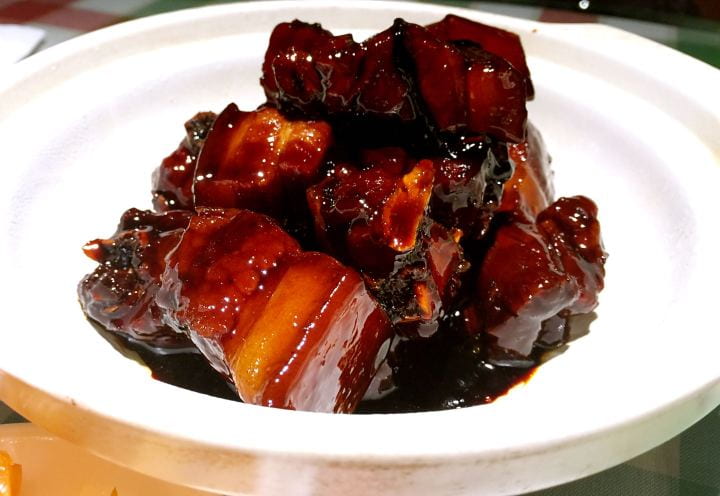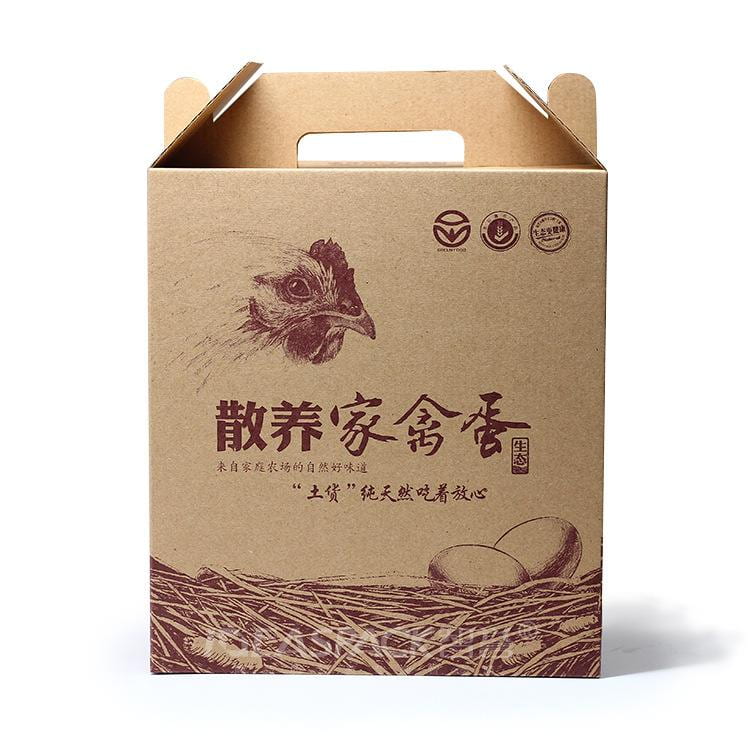The authors of this week discuss about the important position of food in Chinese culture. Swislocki states in his article that “few other cultures are as food oriented as the Chinese”. Indeed, for Chinese people, the meaning of food goes far beyond the notion of the feed. Dietary habit is closely connected with one’s self-identity. As the old saying goes, “the feed is the most important to people” (mín yǐ shí wéi tiān). China has a large population and the most diverse natural landscape in the world, which provides its people with numerous raw food materials. Although people in different regions have formed their own unique eating habits and styles, no Chinese will deny the importance of food in their lives. Thus, it is easy for the nation to promote national identities from the perspective of food.
In 2012, CCTV produced a documentary named A Bite of China, which enjoys tremendous popularity among the audience and raised hot debate on social media. One factor that contributed to the success of this documentary is that “eating” is an eternal shared topic and also an important factor of forming cultural identity. On the most superficial level, A Bite of China provides alternative satisfaction for people’s appetites. Since all the food displayed isordinary food, which creates a communicative platform without boundaries and eliminates class distinctions. Another important success factor is that the documentary adopts a “story telling” strategy. Unlike other food documentaries who focus on the culinary techniques, A Bite of China tells the stories of people involved in the process of food production, preparation and dining. A Bite of China reproduces the life of ordinary Chinese. In each episode, several groups of characters are selected, taking the actions of food producers as narrative clues. Their personal experiences are shown in the documentary centered around food. The characters in this documentaries are normal local people, such as farmers and small merchants. Through watching those stories, one could easily recognize him/herself with those people and resonate with them. As Benedict Anderson put, nations is a “imagined political community”. People identify themselves as the community member through participating some collective rituals. To my understanding, watching such documentary is just like joining a particular ritual, in which the audience could feel pride for their own culture and resonate with the image of the people in national memory.

From a political economic perspective, the production and export of A Bite of China carries the ideal image of the nation. According to the producers, they shot more than 70 locations for 13 months to create a great map of Chinese cuisines with a sense of rich cultural heritage. For China, this documentary promoted Chinese soft power. It not only shows China’s cultural history, but also reflects the current life of the Chinese people and the rapidly developing Chinese society. In this sense, A Bite of China is a perfect card to introduce China’s images to the world and show its process of modernization.












